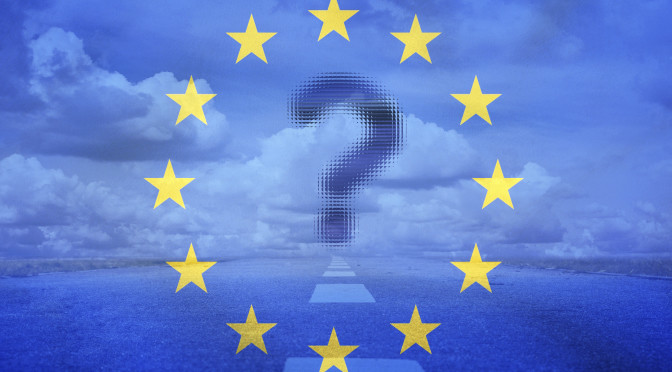We need a better way to help the banking industry and its regulators make decisions based on sound information and avert another near-collapse of global financial system, says John Lietchy, marketing professor in Penn State’s Smeal College of Business, in the April 12 issue of Nature.
To make his point more understandable to the non-specialist, Liechty compares the global financial system to a shopping mall that requires customers to buy tickets in order to enter and exit the mall. A statistical model can be built to track and predict door traffic – when and where and how many shoppers enter and exit the mall. But what happens if a store in the mall catches fire and shoppers rush for the exits and the ticket-takers are overwhelmed? A fire in the mall, Liechty says, is analogous to a credit-confidence crisis, when banks are unwilling to make loans or accept collateral in exchange for securing debts.
The models now in use, he says, are fine for measuring risk when financial markets act conventionally, i.e., when the mall is operating normally. But current models lack crucial data — about the interconnectivity between financial houses, for example, and the capacity of markets to execute trades — that undermines their reliability in times of crisis, i.e., when the mall catches fire.
The question is, can new scientific models be constructed that predict shopper behavior (how banks and other financiers will act) when a fire (a credit-confidence crisis) breaks out? Liechty offers some interesting thoughts.
Liechty knows his way around banks and their regulators. The Office of Financial Research, a new federal oversight agency established by the Dodd-Frank Wall Street Reform and Consumer Protection Act of 2010, grew from an idea that he outlined at a February 2009 conference on financial risk.

